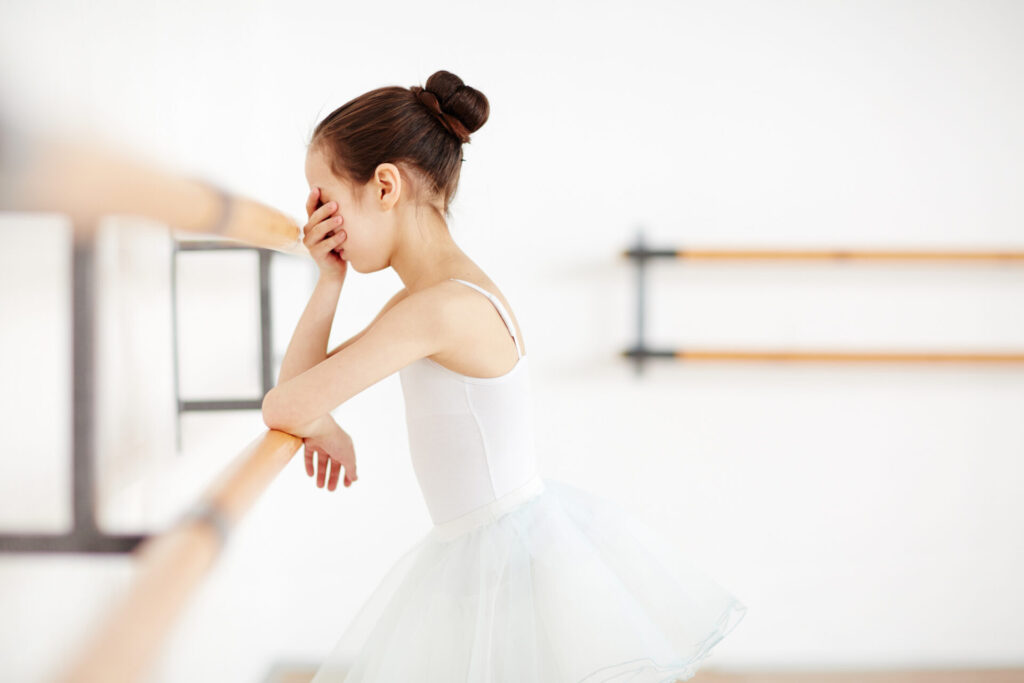 Choosing a school for your child is a daunting, even stress-inducing task. With so many choices—small school or large school, school of the arts or a technology-focused school, public school or private—it’s easy to default to the most convenient (read: geographically closest) choice.
Choosing a school for your child is a daunting, even stress-inducing task. With so many choices—small school or large school, school of the arts or a technology-focused school, public school or private—it’s easy to default to the most convenient (read: geographically closest) choice.
You want to give your child the best but you also have income constraints to think of. So how do you choose between private schools versus public schools? Put another way, how do you decide private education is really worth it?
Let us help you narrow down a very broad field by highlighting the benefits of the two major educational paths: private schools and public schools.
Private school benefits:
- Increased parental involvement in children’s education, at home and within school community
- Class sizes are usually smaller; one-on-one time with students has been proven to improve academic achievement
- Private schools often have a good reputation in global higher education institutions, with many schools boasting a 100 per cent rate of students attending their first choice university
- The private school system provides various educational options, including international exchange programs, advanced placement (AP) or international baccalaureate (IB); faith-based schools— Christian, Jewish, Muslim; coed or single gender schools; and special needs schools
- Excellent extracurricular activities or special programs—e.g., arts, sports, clubs, music
- Dedicated and well-trained teachers, many with advanced degrees
- Not run by tax dollars, thus more freedom in curriculum design and general governance
- Larger student populations in public schools may lead to decreased supervision and more bullying issues
- Public schools may have more bureaucracy, leading to less innovation in program offering, less positive change at the institutional level and decreased parental influence on a child’s educational progress and disciplinary measures
- Children who are less assertive or different may miss out on social and leadership opportunities with larger school sizes in public schools
- Frequently overcrowded schools and classrooms in public schools may decrease a student’s chance of getting extra attention and academic support as needed
- Many private schools meet or exceed provincial education standards, according to Michael Zwaagstra, co-author of the book What’s Wrong with Our Schools and How We Can Fix Them. Private schools that are included in the rankings often score high in the Fraser Institute’s report cards measuring academic achievement among all school types that take standardized tests (click here for news and analysis on the Fraser Institute rankings).
For your chance to visit with top PS-12 private schools across the country face to face, as well as attend information seminars with education experts and consultants, be sure to check out the Our Kids Private School Expos this fall.
Public school benefits:
- Cost-effective; public school is free, paid for by Canadians’ tax dollars
- Like private schools, some public schools offer specialized courses or programs—e.g., math and science, special needs and the arts
- Public schools don’t usually require prospective students to undergo entrance interviews or tests in order to attend the school, so students may be exposed to a wider range of people
- Students in public schools are typically grouped according to geographical area, which can be an advantage in terms of out-of-school socializing
- Typically, teachers in North American public schools must have a bachelor’s degree as well as federal, state or provincial certification
- Public schools are overseen by provincial governments and local school boards (many private schools that receive government funding or grant credits for the provincial high school diploma are also required to abide by provincial standards, but families must exercise due diligence and do research on each school)
- Top public schools may have a wide range of resources and cutting-edge equipment
- Some private schools may be more selective than public schools and can be stressful to get into
- Although there are more ways and financial aid to manage the costs of private school, private schools may not be affordable for some families.
Final verdict:
Whether you choose a public school or a private school, most critical is finding a school that will provide your child a solid educational foundation for future academic, career and personal success. Ensure that the school emphasizes the well-qualified teachers and smaller class sizes that cater best to students’ unique academic and personal strengths and weaknesses.
Finally, realize that there are good public schools and good private schools. In the end what matters is choosing a school that best suits your child, as well as the entire family. Once you have done your research, relax! No decision is irreversible, and if the school turns out to be the wrong fit—geographically, financially, academically or otherwise—there are plenty more schools to choose from.
Private schools vs. public schools: Which is better for your child? was originally posted by ourkids.net. Our Kids is Canada's trusted source for information on private schools and summer camps.









